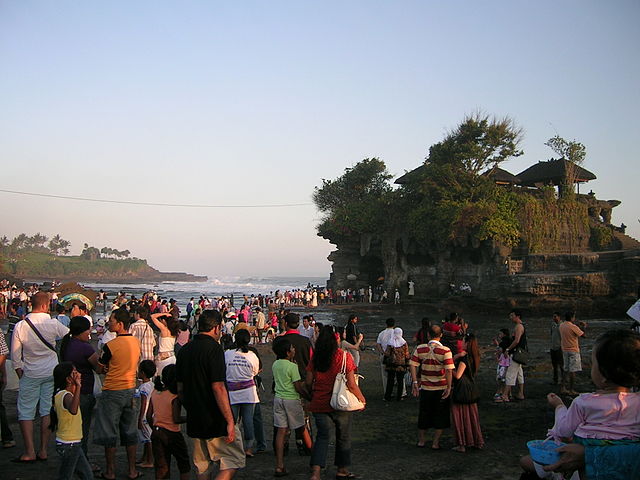Bali’s hotel occupancy saw an impressive 4 percent increase in 2016 after a challenging 2015, but apparently we shouldn’t get too excited.
A joint report by hospitality consultancies Horwath HTL and C9 Hotelworks cautions about the island’s shift to mass market tourism.
With Chinese poised to overtake Australians as Bali’s biggest tourist market, the report outlines what this shift in tourist demographics could mean for Bali and it’s not all peachy.
RELATED Bali expected to carry 40 percent of country’s overall foreign tourist arrivals in 2017
The first consequence described is the amount of spending per tourist. A 2016 Bank Indonesia survey apparently showed that the typical Chinese tourist only spends a quarter of what a typical Australian or European tourist does.
And secondly, the report discusses length of stay. The average stay of tourists in Bali in September 2016 was 3.11 days, down from the previous year of 3.2 days.
A reduction in length of stay as well as a lower yield per tourist is a “double whammy” for Bali’s market, according to the report.
Indonesia has made it no secret that it is aggressively trying to up its number of annual foreign tourist arrivals and Bali is responsible for the biggest numbers. If the country is going for arrivals alone, it makes sense to court the Chinese tourist market—a strategy that Bali has clearly jumped on. But as the report highlights, quantity isn’t always actually what’s best and won’t necessarily mean more money made.




